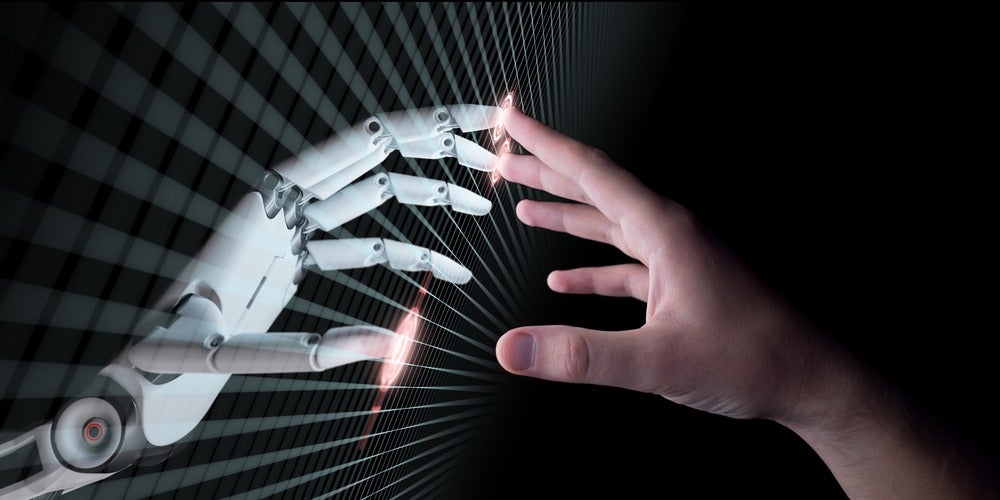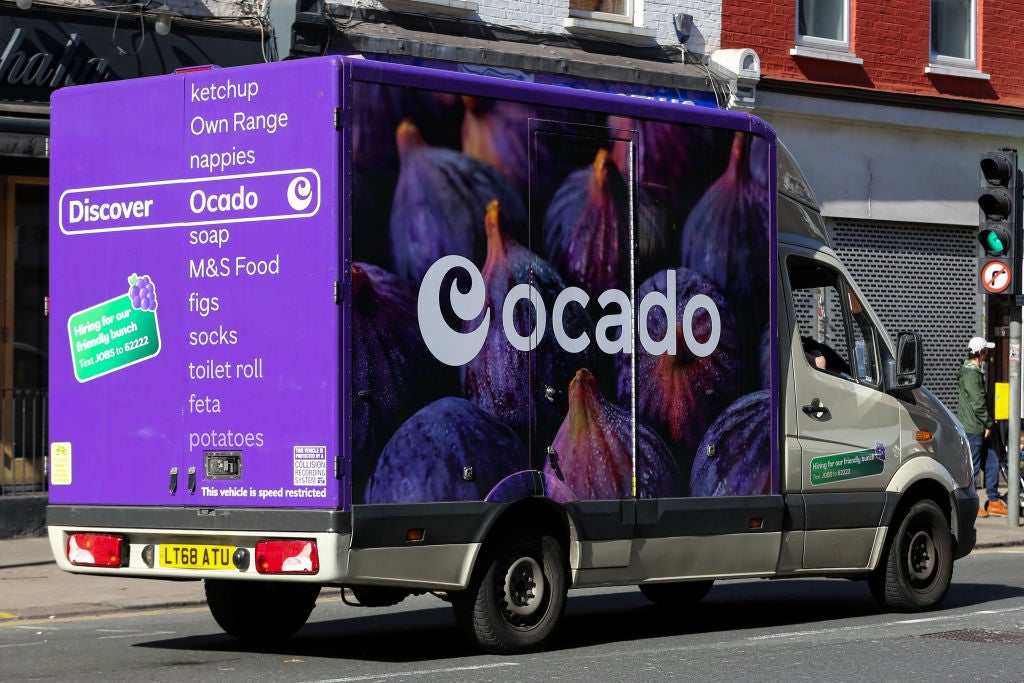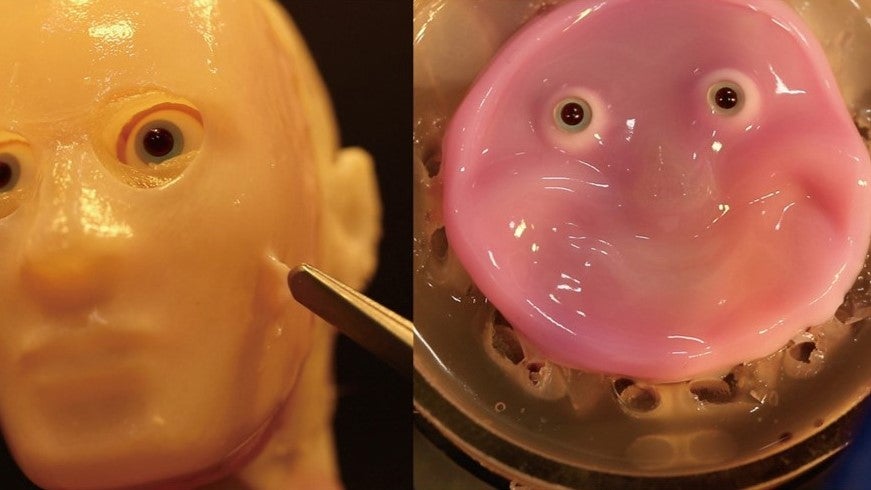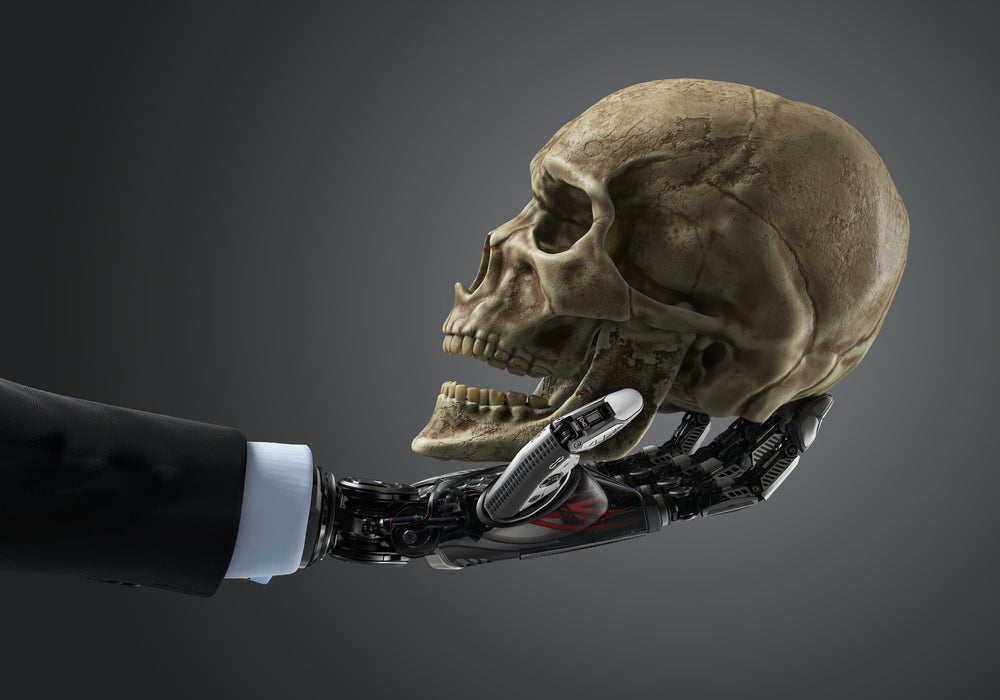The Massachusetts Institute of Technology (MIT) at a recent Future of Work event hosted by BT at its London headquarters highlighted research that suggested that as many as 48% of all jobs in the US are vulnerable to automation.
Artificial intelligence (AI) technology is making automation a more powerful and cost-advantageous possibility for a growing number of use cases. MIT also pointed to research that suggested that 73% of US citizens believe that AI technology will reduce the overall number of jobs in the market.
So, the question stands: are robots going to take your job?
Future of work 2019: will robots take my job?
Maybe, but probably not, at least not yet. This is may not be the reassurance that people are looking for, and while there are reasons for apprehension, there are also reasons to be cheerful. The bad news is that the earliest use cases for AI and automation combining to eliminate jobs come at the lower end of the skills spectrum.
The manufacturing sector is an early example of this. Car plant closures often happen at factories that are the least modern (that is, the least automated). The service sector is not immune, however, and contact centres are a big focus for AI. Chatbots – whether text- or voice-based are reducing the number of agents needed. An extreme example of automation reducing the need for humans came in June 2018 in China when the Chinese e-commerce giant JD.com opened a fulfilment centre processing circa 200,00 orders a day. The fulfilment centre employs four people and those people are there to maintain the robots.
Future of work 2019: when will robots take my job?
The good news is that the change will not be overnight. The pace of change is certainly faster than the industrial revolution, which took around a century, but changes are likely to occur over 20 to 40 years. Fully automated, AI-powered factories are expensive and complicated to build. New factories may be built with more or total automation but more human-oriented factories will not disappear overnight.
How well do you really know your competitors?
Access the most comprehensive Company Profiles on the market, powered by GlobalData. Save hours of research. Gain competitive edge.

Thank you!
Your download email will arrive shortly
Not ready to buy yet? Download a free sample
We are confident about the unique quality of our Company Profiles. However, we want you to make the most beneficial decision for your business, so we offer a free sample that you can download by submitting the below form
By GlobalDataAnother factor to consider is that while AI will bring change, it will also bring growth. PWC estimates that by 2030 AI will generate an additional $15.7 trillion of value to the global economy. In the UK, it will contribute 10% GDP growth over the same period. More money means more jobs. No one can yet predict where or what those jobs will be, but the more money there is to spend the more entrepreneurs will find new things for people to spend it on.
Future of work 2019: managing change
This latest technological revolution will need to be managed. Balances will need to be struck between economic and social considerations – and considered in both a local and a global context. This will provide a lot of challenges for governments and AI is already becoming a political hot potato. Education will need to adapt to provide the right kind of potential employees. But there are already signs that employers are responding to the change. For example, Vodafone has launched an employee re-skilling programme to train former contact centre employees as coders.
Future of work 2019: the human touch
The final factor to consider is that although AI will be able to do many things, it remains a fact that humans like humans. We are a social species and early research already suggests that AI works best when it works to maximise human potential. The machines may be rising, but humans are still in charge.








